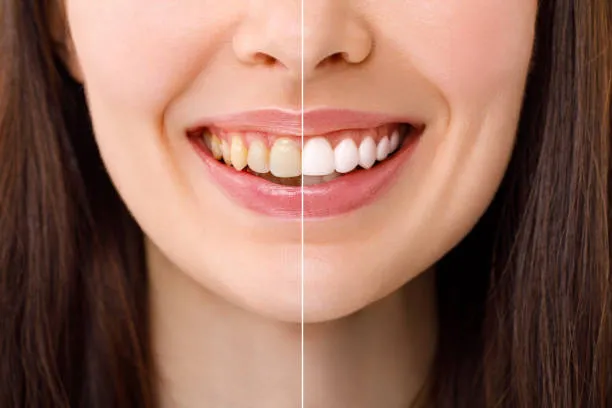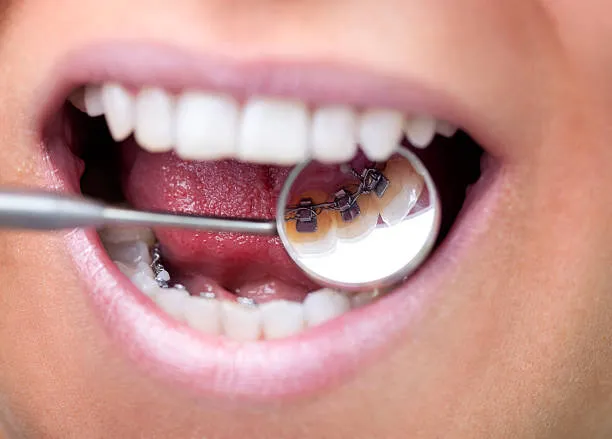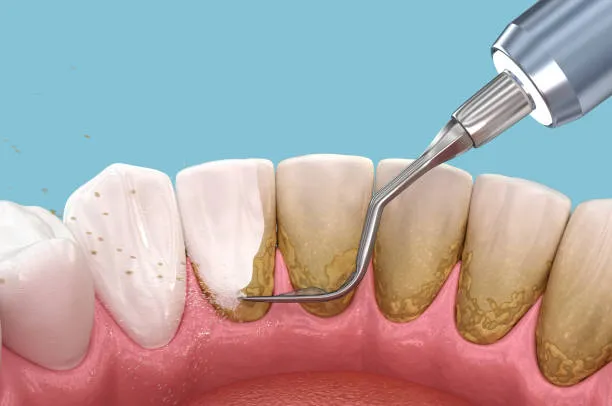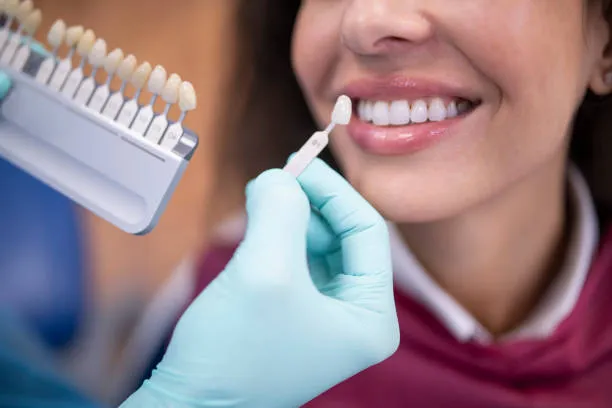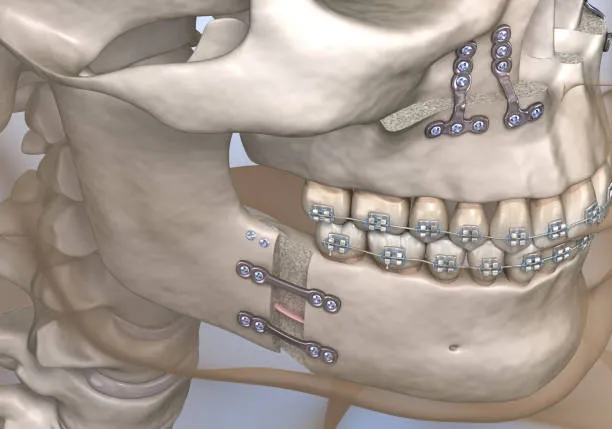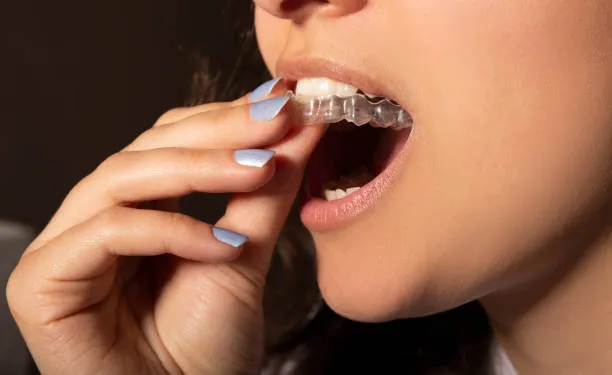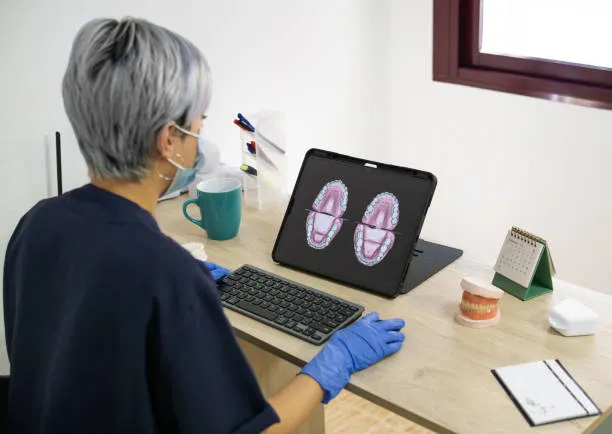A smile is more than a social gesture—it’s a reflection of your health, confidence, and emotional well-being. From aesthetic appeal to long-term physical health, smiling holds more power than we often realise.
Across the globe, studies show that smiling regularly can reduce stress, boost immunity, and even improve lifespan. A pan-India survey conducted by the Indian Dental Association found that over 72% of Indians feel self-conscious about their smile, often due to oral health issues like discolouration, missing teeth, or misalignment.
And here’s the good news: dentistry today offers advanced, non-invasive solutions to restore and elevate your smile.
Dr. Jaydev, an award-winning dental expert in Hyderabad, says:
“People often underestimate how deeply their smile connects with their overall health. When you’re confident about your teeth, you smile more—and that simple act starts a chain reaction of physiological benefits. A healthy smile is an essential part of total wellness, not just cosmetic enhancement.”
In this blog, we’ll explore nine science-backed health benefits of smiling—and how modern dentistry can help you smile more freely and more often.
Enquire Now
Smiling Boosts Your Mood Instantly
When you’re uncomfortable with your teeth—due to discolouration, gaps, or alignment issues—you might consciously avoid smiling. Over time, this can affect how often your brain releases these happiness hormones. Treatments like digital smile designing and full mouth veneers can eliminate these hesitations, helping your natural smile emerge more often.
Need another reason to smile more often? Let’s talk about stress.
Reduces Stress and Anxiety
Patients often report feeling more anxious in social settings when they’re self-conscious about their teeth. Restoring dental health—be it through teeth whitening, dental braces, or full mouth rehabilitation—can significantly improve confidence and reduce social anxiety.
Strengthens Your Immune System
Regular smiling also reduces inflammation—a key contributor to chronic illness.
Oral health is a frontline defense in immunity. Gum infections, untreated decay, or plaque buildup can lead to systemic inflammation. A healthy mouth supports a strong immune response—and smiling becomes more natural when you’re pain-free and confident about your oral hygiene.
Dr. Jaydev, a UK-trained smile design specialist in Hyderabad, shares:
“There’s a direct connection between the health of your mouth and your body’s ability to fight illness. Patients who address their dental concerns often experience not just aesthetic improvements but enhanced general health.”
Lowers Blood Pressure
Makes You Look Younger
Enhances Social Connection
We are hardwired to respond positively to smiles.
Boosts Mental Health

Increases Success and Approachability
In high-stakes environments like presentations or interviews, your smile can be your most persuasive tool. Digital smile designing lets you preview and perfect your smile for maximum impact—before you even open your mouth.
Helps Relieve Pain Naturally
Smiling activates natural painkillers in your brain.
Patients with untreated dental issues often suffer chronic discomfort that inhibits smiling. By resolving underlying issues through gentle, comprehensive dental care, patients can unlock a more relaxed, pain-free state—and smile more frequently.


Digital Smile Design – Preview your future smile with precision-based simulations
Full Mouth Rehabilitation – Restore function and aesthetics with comprehensive solutions
Teeth Whitening & Veneers – Brighten and balance your smile with natural-looking results
Invisalign & Orthodontics – Straighten teeth discreetly for better health and appearance
Gentle, patient-focused care – Experience comfortable, compassionate dentistry that puts your needs first
Frequently Asked Questions
Can smiling really influence physical health?
Does dental treatment actually help people smile more?
Is there a connection between smiling and longevity?
Can improving my smile reduce anxiety?
What’s the best treatment to make my smile more natural?
Digital smile designing is ideal for creating a smile that suits your facial features and expressions. This ensures a natural result that enhances—not alters—your appearance.
References:
Disclaimer: The information shared in this content is for educational purposes only and not for promotional use.
